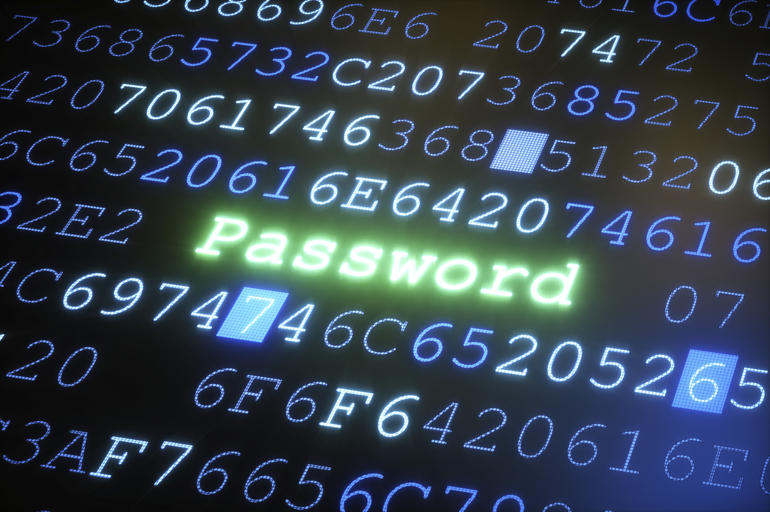Whenever you sign up for a new online service you’ll need to choose a password. Your PC, both at home and at work, will probably ask you to do the same.
It’s vital that you always pick a password which is difficult for both a computer and a human to guess. To thwart the humans, don’t use variations on your name, your hobbies, your pets, your favourite car or football team or celebrity, and so on. It’s the first thing that people will try guessing.
To prevent computers from trying to work out your password (remember, they can try thousands of times every second), the most secure option is to use 2 unrelated words, separated by a character such as a number or a punctuation mark.
Whatever password you choose, make sure you don’t write it down. If you really must, do it somewhere that isn’t obvious. Also, it’s a good idea not to use the same password on more than one system. Otherwise, if someone does manage to find your password, they’ll be able to get into all of your online banking, shopping, email, social networks, and so on.
You can use characters in your password other than numbers or letters. Try including a dash or a percent sign, or a bracket. If someone’s watching over your shoulder as you type, these characters are much harder for people to notice and remember.
If you can’t think of a good word, use the initial letters of a favourite phrase or saying. For example, if you’re into Shakespeare you could use a variation of tbontbtitq.


